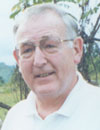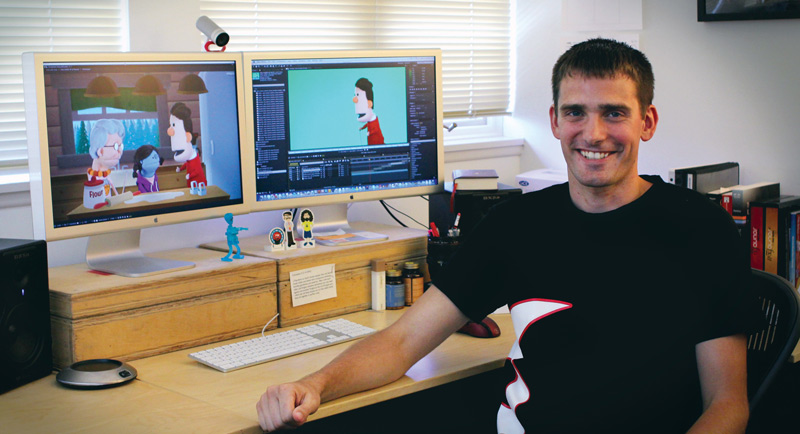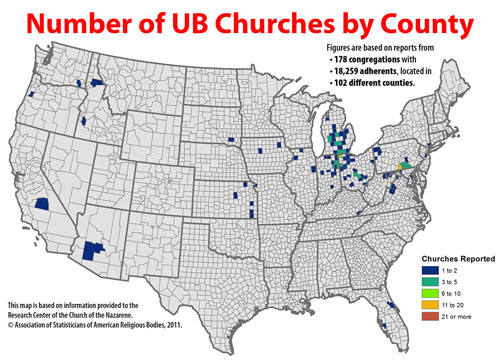30 Jan HU Announces 2012-2013 Tuition Rates
The Huntington University Board of Trustees approved a modest 2.5% increase in undergraduate tuition and fees for the 2012-13 school year.
- Tuition: $23,300.
- Fees: $480.
- Room and board: $7,940.
The tuition cost is well under the 2011 national average of $28,500 for private college education, as determined by the College Board.
In the adult and graduate programs, the board approved increased of $8 to $11 per credit hour. The new per-credit-hour rates are:
- $348 for all EXCEL Adult Degree programs.
- $466 for the graduate counseling program.
- $376 for the graduate youth ministry leadership program.
- $395 for the graduate education program.
 “We want to keep college affordable for students and their families,” said Tom Ayers (right), executive vice president for operations and treasurer. “We also offer innovative financial assistance programs, such as the loan repayment program, to help reduce anxiety among students and their families over costs when considering a private school education. We understand the financial pressures families are under and want to provide them with more value for their dollar.”
“We want to keep college affordable for students and their families,” said Tom Ayers (right), executive vice president for operations and treasurer. “We also offer innovative financial assistance programs, such as the loan repayment program, to help reduce anxiety among students and their families over costs when considering a private school education. We understand the financial pressures families are under and want to provide them with more value for their dollar.”
Approximately 90 percent of Huntington University students receive financial aid in the form of scholarships, grants, loans, or work-study assistance. All incoming freshmen are also eligible for the loan repayment program which provides assistance to students after they graduate. The loan repayment program covers all or a portion of a student’s loan up to a certain threshold.

 “My old life of addictions disappeared, and I started to look into things that God wanted me to do….I became a worship leader for the Lancaster United Brethren. In that church, I realized I was turning that church into a more contemporary church. Later, I also discovered, God sent me there to be trained by a great minister named Pastor Greg Voight. I knew through his training he was preparing me for the ministry.”
“My old life of addictions disappeared, and I started to look into things that God wanted me to do….I became a worship leader for the Lancaster United Brethren. In that church, I realized I was turning that church into a more contemporary church. Later, I also discovered, God sent me there to be trained by a great minister named Pastor Greg Voight. I knew through his training he was preparing me for the ministry.” Kyle McQuillen (right), former Director of Global Ministries (1993-2001), has been diagnosed with cancer of the lymph nodes. He wrote earlier this week, “They found a mass in a routine MRI following up on my back surgery last year. I will be contacting an oncologist locally and having a PET Scan on January 19. I feel fine and am asymptomatic. Fortunately, the cancer appears to be treatable and I’ll know more after the visit to the oncologist and the PET scan this week.
Kyle McQuillen (right), former Director of Global Ministries (1993-2001), has been diagnosed with cancer of the lymph nodes. He wrote earlier this week, “They found a mass in a routine MRI following up on my back surgery last year. I will be contacting an oncologist locally and having a PET Scan on January 19. I feel fine and am asymptomatic. Fortunately, the cancer appears to be treatable and I’ll know more after the visit to the oncologist and the PET scan this week.
